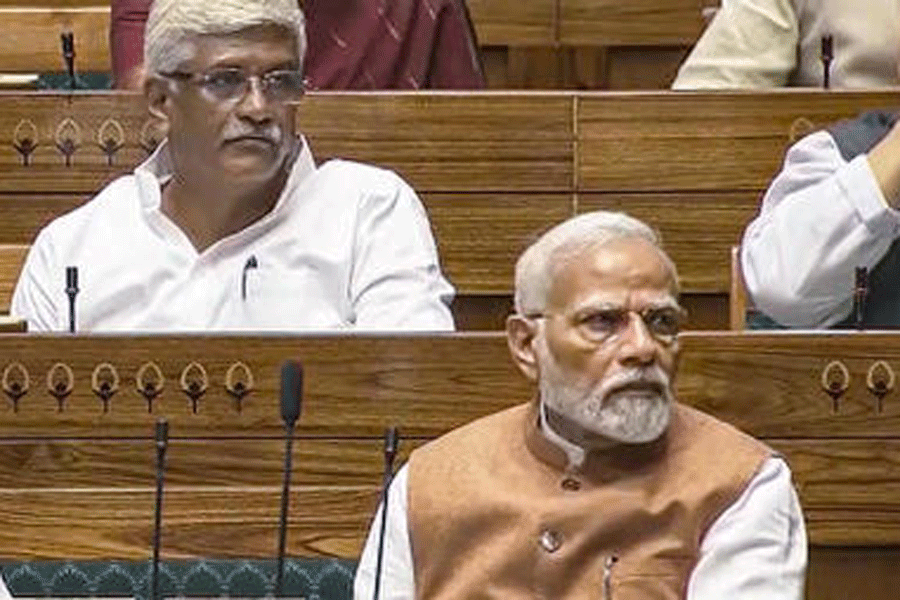The Union government’s decision to make women’s reservation in Parliament and state assemblies a reality is a welcome one. The first bill for this came in 1996, since which time the proposal has had a turbulent life through lapses, revivals and alterations. It is shameful that no government could implement it; overt resistance and a complicit forgetfulness always managed to lay the proposal to rest. This continued failure reflected the deep gender bias that afflicts Indian society, of which the Lok Sabhas were obviously not free. The bill under the United Progressive Alliance II was passed in the Rajya Sabha in 2010, although it was not exactly what has now been proposed by the Narendra Modi-led government in the Constitution (128th amendment) bill. It does propose 33% reservation for women in the Lok Sabha and state assemblies, and the same quota for women in seats already reserved for scheduled castes and scheduled tribes. But the reserved seats would be rotational, removing the possibility of re-election from the same constituency and hence, critics feel, discouraging work for long-term projects. The quota will be discontinued 15 years after the passage of the law.
In spite of these conditions, it would have been heartening if the law could be implemented by a government under which violence against women is rampant. But there are other conditions. The law will be implemented only when delimitation has been carried out; that will not take place before the census. The 2021 census was postponed because of the pandemic, yet it has not been announced since. So the entire exercise of reserving seats for women is dependent on two forthcoming but still undated events. But once the law is passed, the clock will start ticking on the 15-year limit. The government is, then, merely making a promise with no date for its fulfilment. The promise is being made just before the 2024 Lok Sabha elections. Is it giving women their due or simply exposing the arrogant belief that they can be drawn by a distant carrot? The government is once again playing a game of smoke-and-mirrors, only this time it is with the disturbing issue of gender parity. If its intentions are to open up spaces for women, then the act should be implemented immediately. Its conditions can be argued later.

